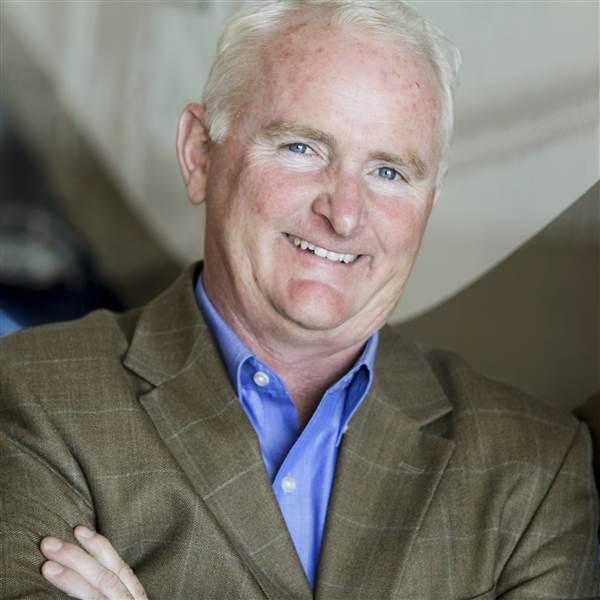President's Position: Blame It All On My Roots
‘Privatization’ will shut out the little guy
As pilots, we all get to experience something surreal when we take to the air, but many forget where it all began. Nearly all pilots started out flying small single-engine piston aircraft, and, like Hoover, have taken their passion to the next level. A critical foundation of our aviation system is that everyone has equal access to the sky, from a Cessna 150 to a Boeing 777. Unfortunately, the current state of aviation politics reads as an all-out battle over the skies, with the airlines in pursuit of control, under the guise of “privatization.”
If handing over our ATC system to the airlines and special interests were to become law, there is no doubt that funding would be directed to the major hubs, leaving the lifeblood of aviation, the smaller GA airports, with the crumbs. As we know, smaller airports provide more than just access for private fliers. They’re not only the starting point for future pilots but they also serve rural communities as economic engines, provide agricultural applications, allow businesses to relocate in regions across the country, offer support during disaster relief efforts, and provide life-saving air medical transport.
With millions of dollars being spent on campaigns to convince consumers that our airspace system is antiquated, the airlines falsely blame ATC for delayed flights and the FAA for slow progress on modernization. In reality, 50 percent of delays in our system are caused by the airlines and another 30 percent are caused by weather—none of which the proposal in Congress today would address. Moreover, the airlines have not equipped at least 75 percent of their fleets with modern technology such as Automatic Dependent Surveillance-Broadcast (ADS-B) and Data Communications (DataComm), to make flying more efficient—and then they point fingers at everyone except themselves.
If we hand over our ATC system to the airlines and special interests, funding would be directed to the major hubs, leaving the lifeblood of aviation, the smaller GA airports, with the crumbs.Modernization efforts have already led to significant improvements within our air traffic system. The ongoing technology upgrades, known as NextGen, are already helping to increase efficiency. NextGen capabilities are responsible for saving major air carriers that have equipped their fleets with the necessary technology millions of dollars in fuel costs. As a member of the NextGen Advisory Committee, I have seen this firsthand.
According to a NextGen Advisory Committee report from October 2017, with just 73 percent of its fleet equipped with DataComm technology, Southwest Airlines has seen a reduction of 13,725 taxi-out minutes in only a three-month period. The carrier also has started using required navigation performance flight procedures at some of the airports it serves, and, once this practice is implemented at all airports, the company is expected to save nearly $60 million per year.
The main challenge for NextGen lies with the airlines and the need for them to equip their aircraft. The FAA has in place today more than 4,500 augmented GPS approaches, which provide precision minimums to about 200 to 250 feet agl—yet only one percent of the airline fleet is equipped to fly these approaches, compared to 80 percent of IFR-equipped general aviation. According to the FAA, less than 25 percent of U.S. carriers are equipped with ADS-B Out, a key component of air traffic modernization, despite the fact that 634 ground stations providing nationwide coverage were fully deployed by the FAA in 2014.
While not perfect, the current ATC system has come a long way in recent years, and continues to be the largest, most complex, most efficient, and safest in the world. Why fix something that isn’t broken?
As a GA pilot, I never take the freedom to fly for granted and urge you to do the same. I believe if we remain steadfast in this fight for modernization and not so-called privatization, we’ll continue down an already successful path to new heights and new experiences. And if we’re lucky, Bob Hoover will be looking over us, proud that we didn’t give up the fight to protect all that general aviation has to offer.
Email [email protected]



